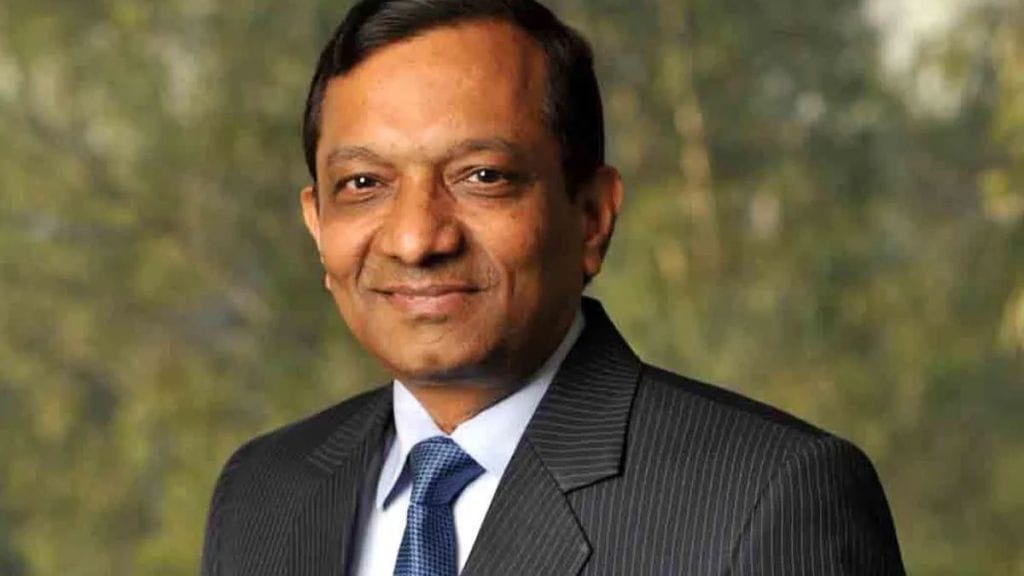India’s space sector is witnessing remarkable growth, with a $500 million-valued startup already in place and the country’s first billion-dollar unicorn on the horizon, said Pawan Goenka, chairman of IN-SPACe, the nodal body for private space activities.
Speaking at the Bharat Space Conclave on March 12, Goenka revealed that India has multiple startups valued at around $250 million, expressing optimism about the emergence of the nation’s first space unicorn soon. However, he did not disclose the names of these startups.
“We already have one startup which is valued at half a billion and we have three-four startups at a valuation of a quarter of billion dollars. I am looking forward to the first unicorn to happen, hopefully very soon,” he said.
Goenka acknowledged the sector’s rapid expansion but pointed out that funding remains a challenge. He noted that India’s space tech ecosystem received around $130 million in funding last year, but investment levels have dipped this year. IN-SPACe is actively engaging with private equity groups and investors to boost awareness and attract more capital into the sector.
“We are working with multiple funding investor groups, PE groups, having conferences. (We are also) creating awareness amongst the investors about opportunities in the space sector. Primarily when an industry is investing, it’s to make money,” said Goenka.
“The primary concern they have right now is, will their investment bear fruit? And we have to convince them by showing outcome of what has already happened,” Goenka added.
He highlighted the Rs 1,000 crore VC fund announced in the Union Budget as a game-changer, adding that the fund structure is nearly finalized, with a fund manager to be announced soon.
With government-backed reforms and increasing private sector participation, India’s space industry is drawing global interest. As funding hurdles persist, stakeholders eagerly anticipate the rise of the country’s first space unicorn.
Goenka emphasised the growing business opportunities for private players, citing initiatives such as a Rs 25,000 crore surveillance satellite consortium for defense. Additionally, the government has approved the production of over 60 LVM3 rockets involving private sector participation, adding another Rs 25,000 crore worth of business.
The government has also sanctioned Rs 35,000 crore worth of ISRO projects, where private vendors are expected to contribute 60-70% of the work.
“You can see the demand now, some big numbers are coming on the table,” Goenka concluded.


